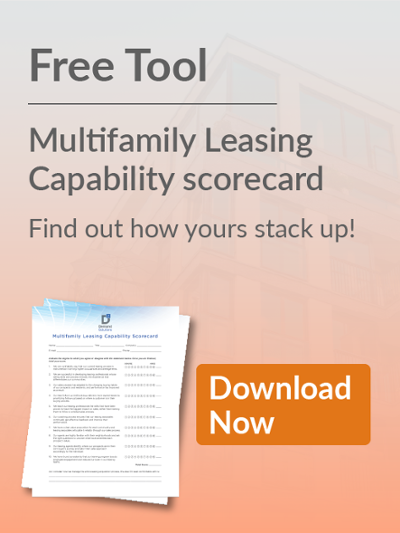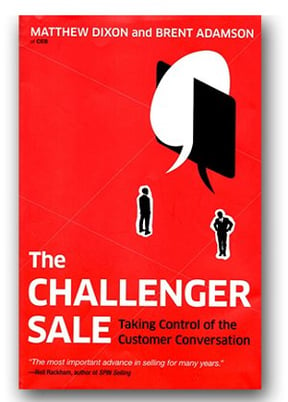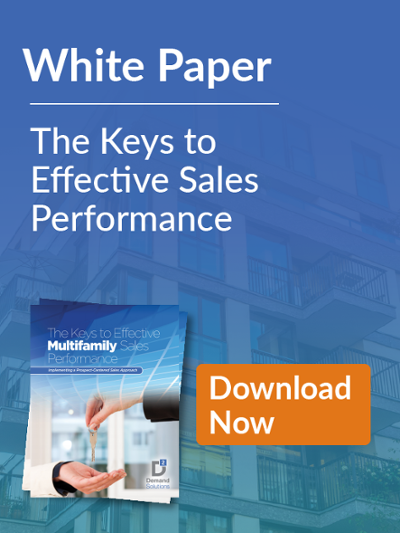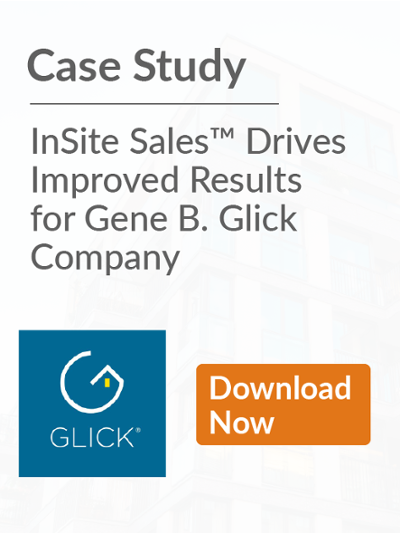Multifamily Leasing and Marketing
Table of Contents
The Shifting Priorities of Multifamily Marketing
Multifamily marketing and leasing are in seemingly constant flux, with technological and macro-economic disruption conspiring to change how people search for and lease apartments. As revenue management specialists, we understand the inter-connectivity of leasing, marketing and pricing, and the opportunities that remain to improve them.
The multifamily industry saw an unprecedented bull run in the decade plus leading up to early 2020. Over those years, it was relatively easy for operators to fill their units as demand for apartments exceeded supply in most cases. Knowing that leaner times would eventually come, in 2014, D2 began systematically measuring multifamily marketing and leasing tactics.
Our analysis results, the most recent of which we completed and published in 2019, have been instructive. The studies highlighted the extent to which operators were failing to implement some of the most effective and least expensive tactics for increasing lead conversion.
As markets soften, marketers must become more creative, capitalizing on every opportunity to increase both lead volumes and drive conversions. Now is an excellent time to refocus on proven plays that boost performance without breaking the bank. It is also a great time to think about conversions, as we will explain below.
Over the past 20+ years, multifamily housing has re-defined its operations, with major technology innovations leading the way. From web-based PMSs to instant credit checks to self-show touring and AI leasing, processes and experiences have undergone a revolution. But the way that we develop sales capabilities is mostly the same.
While there have been tweaks here and there, the reality is that we continue to develop our leasing associates in processes that don't work. They rely too heavily on following prescriptive processes and—worse—scripts, in an attempt to get the prospect to sign a lease. We end up leasing despite our sales models and training, not because of them.
There are three reasons why the sales philosophies of the past don't work anymore in multifamily. First, our increasingly digitally-native prospects are not dependent on your leasing agents to educate them on your property. They do their research online!
Second, virtual and self-guided tours are now commonplace in the industry, with COVID-19 accelerating an already fast-moving trend. And finally, AI leasing agents are taking on more and more of the leasing workload. Your leasing agents have a smaller window in which to persuade prospects.
The old plays don't cut it anymore. Inauthentic, old school "Always be closing" philosophies and relationship selling models won't get it done. It's time to prepare agents to meet the prospect where they are. Sounds provocative?
We've looked at dozens of sales models in rental housing. Despite their best intentions (as evidenced by names like "Customer Selling Success"), they are essentially process-centered. By process-centered, we mean they are more about how we want our leasing associates to handle prospects and the results we want from those activities. To put it another way, it's all about us and what we want.
Despite the changes to the way that prospects buy, operators still teach associates how to handle first contact, tour, quote, and process the application rather than about the prospect's journey, what they need, and what they experience. If you require (and even test through shops) that your associates "ask for the lease" after every tour, that's a clear indication you are process-oriented. Worse, if you teach the ABCs of selling as "Always be closing," then you are not focusing on the prospect, and it will end up costing you leases.
Today's successful sales programs put the prospect at the center of everything. We advocate four stages of a decision: early Discovery, the Inquiry phase, the readiness to accept Advocacy and finally, Implementation. Associates should always be helping, rather than closing." Of course, associates need to ask for the business, but timing varies from conversation to conversation. Prospects don't want to be "closed" or to be "sold," but they can use your help to make a good decision!
Every industry thinks it is unique, but in the case of multifamily housing sales, we are unique. We're a B2C sale, but renting a home is a high risk, infrequent purchase and is likely the largest check the customer will write each month. It's a decision process that has a lot in common with those encountered in B2B sales.
In their seminal book, The Challenger Sale: Taking Control of the Customer Conversation, Matthew Dixon and Brett Adamson identify five archetypical sales approaches, based on researching thousands of sales professionals. The Hard Worker, the Relationship Seller, the Problem-Solver and the Lone Wolf are all familiar sales archetypes, but the big discovery was the "Challenger."
Challengers, the study found, are especially skilled at understanding the prospect's situation. They develop insight into what the prospect needs, and they are not afraid to disagree when it adds value to the prospect's decision process. The research showed that challengers clearly out-performed all of the other archetypes.
The good news for multifamily leaders is that Challenger Sales skills are highly trainable and, therefore, scalable in your organization. Multifamily leasing may not be the same as other B2B industries in terms of sales associate profile and income opportunity. But the core tenets of "Teach, tailor and take control," are by far the best way that we have seen to move the needle on sales performance.
Above, we talk about the need to meet your prospects where they are and how to manage the sales conversation. It's important not to underestimate what you already know, or what you can already figure out about your prospect.
Based on extensive anthropological research, which involved following prospects through their buying processes, we have come to understand much about what prospects experience. We have learned the best ways to connect with them and the keys to win by helping them make a good decision.
We know that there are three things that every prospect cares about in selecting an apartment. And that includes one thing that almost all leasing associates do not pay enough attention to - it's one of the biggest opportunities in sales performance!
We know that there are three archetypical shopping styles. We also know how to quickly identify the prospects's style so that the agent can tailor word choice and tone to align with each prospect's style.
Finally, we know the emotional journey all prospects go through in the five stages of the rental journey. More importantly, we know how leasing associates can gain an important advantage by understanding how their own emotional journey is working in the opposite direction!
Great sales systems make sure required behaviors are intuitive and easy to learn. Moving from script-based to principle-based conversations allows associates to be themselves. Putting the prospect at the heart of the conversation rather than forcing them to follow a process opens up a natural, persuasive conversation. When associates develop the "teach-tailor-take control" skillset, they can manage conversations to a successful conclusion.
Successful sales training programs deliver increased revenue by creating high impact behavioral change. They focus on "stickiness," i.e., how to change behaviors over the long haul, not just temporarily excite associates during the initial training. But delivering lasting behavioral change with adults is not easy.
D2 has learned, through many successful program implementations, to focus on the whole behavioral change ecosystem. Experience has taught us that there are a half a dozen key dimensions:
- Flexible and customizable delivery models that reflect different learning styles
- Pre and post-training activities to ensure stickiness (research shows that adults learn more effectively by doing and reflecting)
- Alignment of recruiting, onboarding, reward and compensation plans, etc. to the sales program
- A coaching culture. In an industry that is biased towards a supervisory culture, this involves some behavioral change, but it pays off!
- Measurement and follow-up that recognizes successful behavior and helps to improve unsuccessful ones
As we described above, there is plenty to think about when you set out to deliver a sales performance improvement program. Choosing the right model and partner can be daunting.
As you assess potential partners for your sales training program, here are the critical success factors that you should consider about the model:
- The model should be proven, effective, and directly applicable to multifamily
- It is built, based on an understanding of typical leasing associate skill sets
- It takes the prospect's point of view rather than the salesperson's
- It emphasizes authenticity and acknowledges prospect empowerment
- It empowers associates to teach, tailor and take control of the conversation
- It teaches associates how to connect with prospects' shopping styles and aligns with the multifamily prospect journey
- It connects with your service paradigm
- It includes proven training methodology and execution that works for multifamily
- It leverages an understanding of adult learning styles and is intuitive so new associates learn quickly and easily
- It empowers associates to find their own voice
- It entails a full sales training program focused on "stickiness," not just a single event
- It develops a sustainable development capability, training the organization’s trainers to take over the program as soon as they are ready to do so

Talk to Us!
Whether you're looking to refresh selling skills or transform your leasing capabilities, we can help. We've delivered our InSite SalesTM program many times customizing it each time to the unique culture and context of each client and project. Talk to us about how D2 can help to deliver permanent improvement to your sales capabilities.




